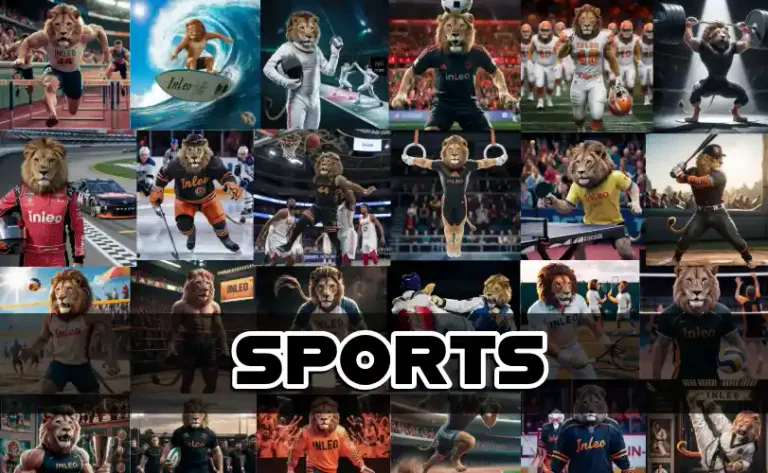Welcome to the daily sports #threadcast! Here we will discuss, follow and share all the news from the sporting world.
We want to make #inleo the premier destination for the #sports community by establishing the Leo platform as the hub for sports updates
Edition #177
January 6

https://inleo.io/threads/view/fermionico/re-leothreads-2yectwwyj
!summarize #sports
!summarize #sports
!summarize #sports
!summarize #sports
!summarize #sports
!summarize #sports
!summarize #sports
!summarize #sports
!summarize #sports
!summarize #sports
!summarize #sports
!summarize #sports
!summarize #sports
!summarize #sports
!summarize #sports
!summarize #sports
!summarize #sports
!summarize #sports
!summarize #sports
!summarize #sports
!summarize #sports
!summarize #sports
!summarize #sports
!summarize #sports
!summarize #sports
!summarize #sports
!summarize #sports
!summarize #sports
!summarize #sports
!summarize #sports
!summarize #sports
!summarize #sports
!summarize #sports
!summarize #skysports #news
!summarize #sports
!summarize #skysports #news
!summarize #skysports #news
!summarize #skysports #news
!summarize #skysports #news
!summarize #skysports #news
!summarize #skysports #news
!summarize #skysports #news
!summarize #skysports #news
!summarize #skysports #news
!summarize #skysports #news
!summarize #skysports #news
!summarize #sports